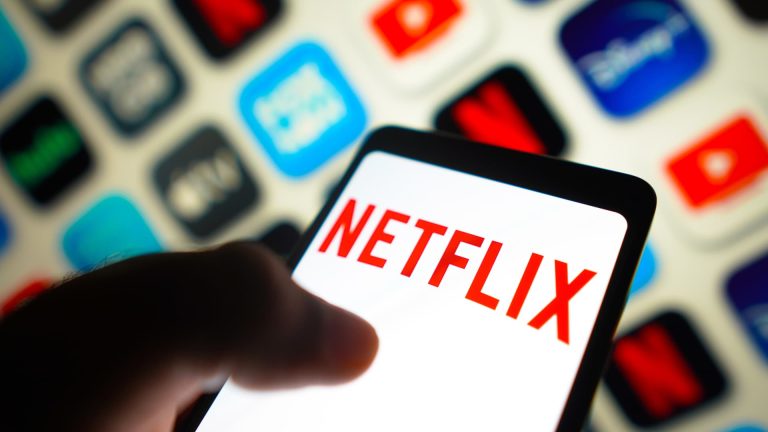Netflix’s cheaper, ad-supported tier has amassed 40 million global monthly active users, the company said Wednesday.
That’s nearly double the 23 million figure the streaming giant shared in January.
The company also said it would launch its own advertising platform and no longer partner with Microsoft for that technology. The tech giant will remain a programmatic advertising partner, but will also be joined by other ad tech companies including The Trade Desk, Google Display & Video 360 and Magnite.
Netflix will begin testing its ad tech platform in Canada later this year and plans to launch it in the U.S. by the end of the second quarter next year. The company aims to set the platform live everywhere by the end of 2025.
The announcements came on Wednesday alongside Netflix’s Upfront presentation, designed to woo advertisers. The streaming giant joined its media peers for the second time in making an annual pitch to lock in advertising for its platform.
Earlier on Wednesday the company said it reached a deal to stream two National Football League games on Christmas Day this year, and at least one matchup on the same day in both 2025 and 2026.
Netflix has the option to host one or two games in future years, with 2024 serving as a test, co-CEO Ted Sarandos told CNBC on Wednesday.
It marks Netflix’s first real foray into live sports after years of resistance. Sports, particularly the NFL, has proven to be the glue that keeps traditional TV intact — and has also proven to be a boost to streaming services.
Terms of the deal are still unknown, but Sarandos said that Netflix will hire its own announcers for the games and partner with existing production companies. He added he felt the NFL was the right fit because it matched the streamer’s event strategy, allowing Netflix to effectively own the day.
Streaming ad market
Netflix first introduced its ad-supported subscription plan in November 2022 as part of a wider effort to drive revenue amid slowing subscriber growth. That strategy included last year’s password-sharing crackdown.
Since then Netflix has been moving at breakneck speed to grow its ad-supported customer base, after admittedly being slow to join the pack. As part of that effort, Netflix got rid of its cheapest commercial-free plan in the U.S. and U.K.
The company said Wednesday that 40% of all signups in countries that have the ad tier available are for that cheaper plan. Netflix now has 270 million total subscribers.
For comparison, Disney’s flagship service Disney+ has 117.6 million global subscribers, while Warner Bros. Discovery’s streaming unit, led by Max, has 99.6 million. Those two companies recently announced they would offer a streaming bundle in order to prevent subscribers from dropping subscriptions and help them to make their streaming businesses profitable.
Meanwhile, fledgling competitors are adding quarterly subscribers, but still trail. Comcast’s Peacock had 34 million customers as of the most recent quarter, while Paramount Global’s Paramount+ had 71 million.
Netflix’s monthly active ad-tier user figures come just a month after Netflix told investors it would no longer be providing quarterly subscriber number updates. The company said at the time that it was generating substantial profit and free cash flow and that its membership numbers were not the only factor in the company’s growth. It said the metric lost significance after it started to offer multiple price points for memberships.
Meanwhile, linear TV audiences continue to shrink and traditional media companies seek to gain a foothold in the streaming realm.
Legacy media companies have suffered in recent quarters as the advertising market collapsed due to fears of a recession and surging interest rates. Companies typically pullback on advertising spending during times of economic uncertainty.
But with a long runway ahead of it in the streaming business, Netflix has established itself as the leader in the segment as many other companies struggle to make their streaming platforms profitable.
Disney executives recently referred to Netflix as the “gold standard” of streaming, and also noted that there’s been additional supply in the ad market due to a competitor that recently entered the game, likely referencing Netflix.
Media companies recently reported quarterly earnings, which showed the advertising market for traditional TV is still soft, albeit improving. Digital and streaming advertising, however, has been on the rebound.
Disclosure: Comcast is the parent company of NBCUniversal and CNBC.
Read the full article here









